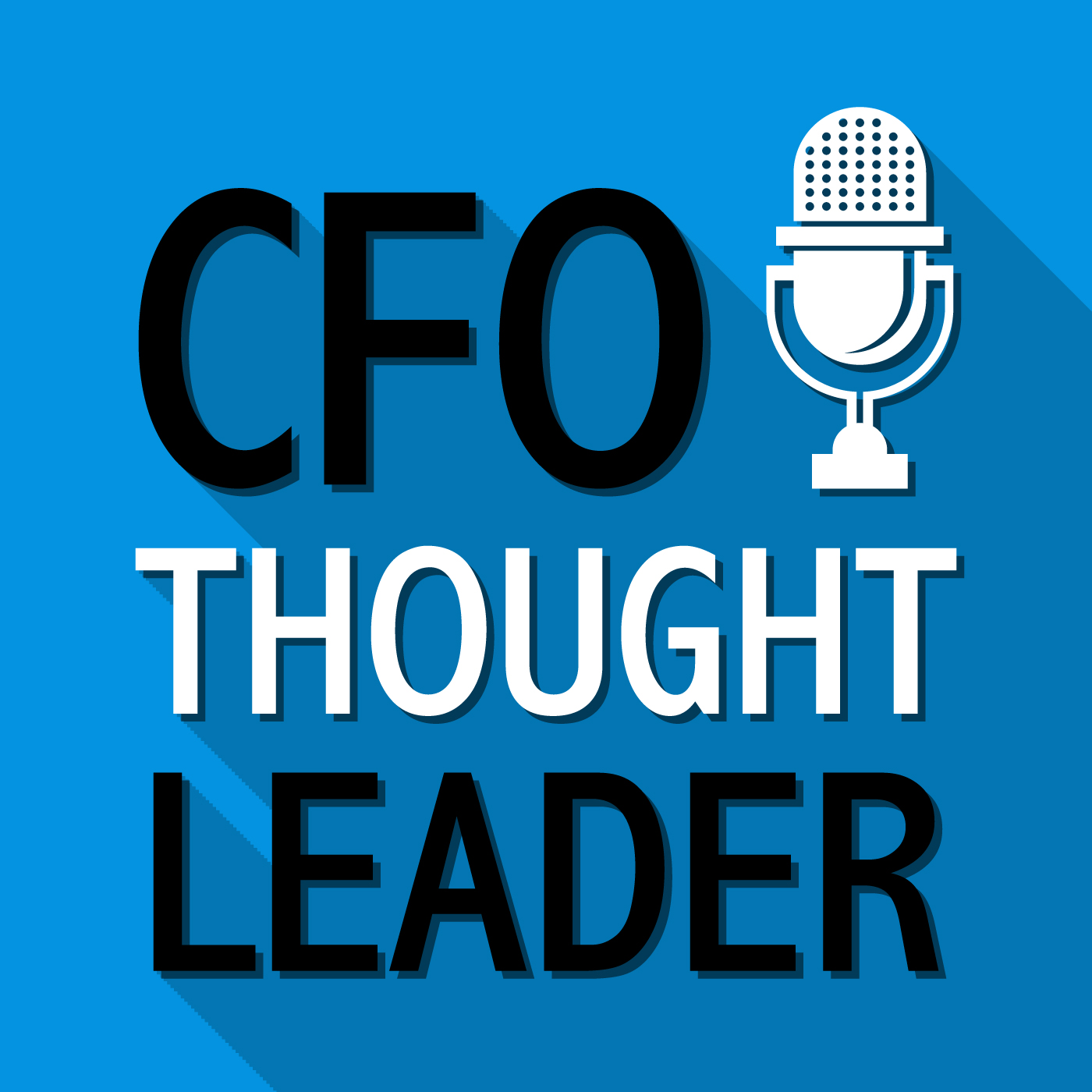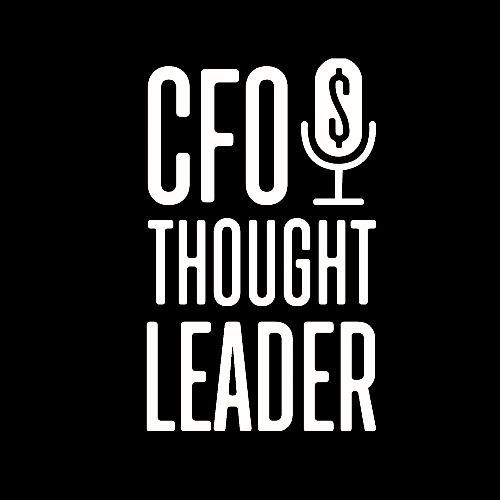629: Freshly Ripens On The Vine | Matt Hagel, CFO, Freshly
It’s a story that Matt Hagel likes to share as he networks with fellow finance executives and accounting types. Back in 2017—only days after stepping into a finance leadership role at the online prepared meals company Freshly—Hagel was reviewing the company’s chart of accounts when he asked himself: “Why is Plant, Property, and Equipment (PPE) under Operating Expenses?” As he soon learned, this stalwart accounting acronym has long led a double life and is also used by various industries (notably healthcare and food prep) as a shorthand designation for Personal Protective Equipment.
Three years later, the protective gear acronym is widely known from coast to coast—just like Freshly. In fact, since its PPE entry first drew Hagel’s consternation, Freshly has opened an East Coast kitchen and distribution center, an expansion that extended the firm’s geographic reach from 28 to 48 states and propelled its sales to nearly 10 times their early 2017 volumes.
“I inherited a finance and accounting team of three, and now I have a team of 30,” comments Hagel, who located many of his new finance and accounting hires at the company’s three distribution centers, the newest of which opened in Arizona this past April.
“From a cost accounting perspective, we have feet on the ground, so if any issues arise, our folks can quickly step onto the plant floor and determine the correct inventory number or provide whatever other information is needed,” says Hagel, who entered 2020 keen to sharpen his team’s focus on costs after years of marshaling resources and new plant capacity to accommodate growth.
Then COVID arrived. There’s little doubt that the pandemic has been an accelerant on the trend of consumers turning to online for shopping experiences like Freshly that promise safety as well as convenience. (Such was the case for online car seller Vroom, which after record sales in March and April moved quickly to go public in June.)
It’s enough to make you wonder whether Freshly management may be of a similar frame of mind.
Reports Hagel: "Freshly is focused on building the best company possible, one that will be ready for the public markets or remain as a successful private company."
Perhaps momentarily escaping Hagel’s lines of sight is yet another option whereby Freshly is acquired by a giant inside the packaged goods space. Certainly, Hagel doesn’t have to look far when you consider that Nestlé is one of Freshly’s largest investors.
To be sure, Nestlé’s move to acquire a minority interest in Freshly back in 2017 was somewhat out of character for the food giant that is generally known to swallow its quarry whole. At that time, Nestle was the lead investor in a $77 million round of funding.
Just as the pandemic has accelerated the shift to online buying, so too has it appeared to draw Freshly and its big name investor ever more close.
“This has been open-office at both ends. We have had a really good dialog that has helped us both to be successful,” comments Hagel.
Back in March, Freshly engaged with Nestlé’s human resources team as it formulated its COVID response, which Hagel credits with having helped Freshly to avoid the mistakes made by other food industry players.
For one thing, Freshly hired a number of health professionals to begin taking employee temperatures at every shift across its different locations.
“The words ‘essential services’ weren’t even a term on March 9, and there was no way of knowing whether we would be shut down,” explains Hagel, who says that in the event of a state “lockdown,” Freshly has prepared printed laminated forms for each employee to use that would confirm their employment at Freshly.
As the pandemic bore down on different U.S. geographies, Freshly issued a press release announcing that Freshly and Nestle would jointly be donating $500,000 to Meals on Wheels America.
“What happened back in March was that there was a period of a few weeks when we had no new customers because there was so much demand by people who were already using our service,” explains Hagel, who adds that shelter-in-place ordinances quickly turned dinner clients into lunchtime customers.
“People just needed more meals, and this transition to be more of a lunch solution is something that we never would have imagined happening this quickly,” Hagel observes. Sign Up for Our Newsletter


